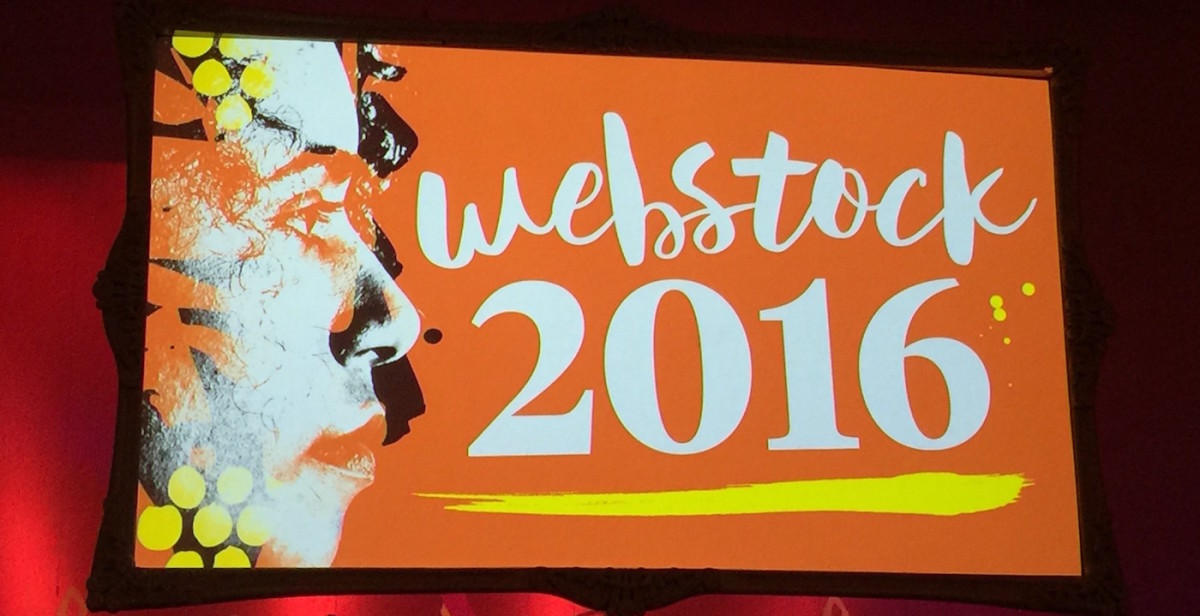For the past few years there has been a meme in the system about document-based cultures. I’m a big proponent of writing as a tool to sharpen thinking. At the same time, documents and writing are only a tool and not the goal in itself. All too often I find myself staring at a 15-pager with little structure and hard to identify key insights.
The hard truth is: It is hard to hold the attention of an audience for 15 pages. But 15 pages is a good start. Take those and turn them into six pages. Six pages that provide enough context, lay out the challenge or opportunity that you are addressing, and what kind of change you want to drive and how. This requires making deliberate decisions on what is important and what isn’t. The goal is not to get as many points across as possible, but to land the few critical points safe and sound. Six pages seem to work well, but it if you can do it in four or three pages, go for it.
Try to optimize not for brevity, but also for readability. Make sure that you use headings and sub-headings to help the reader with a structure. Use bulleted lists, and if the list has an order, use numbered lists. Write your sentences with simple words and avoid complex sentence structure. Form follows function. Do not optimize your sentence structures to fit a word count, but rather make them easy to read. If sentences sound complex, they are. Use features like “Read Aloud” to have your text read to you. Tools like Hemingway Editor also make your text more readable.
Use the spell and grammar check to avoid unforced errors. Do not fiddle with line spacing, font size, spacing or page margins. The defaults work well for 99% of all documents. If you have data, go splurge on a chart.
If there are gems that didn’t make it into the six pages, put them into the appendix. And make the appendix a separate document. Now you have a tight six-pager.
Now turn the six-pager into a one-pager. Boil your message down to one page – still providing sufficient context, easy to read, well-structured, focusing on what change you want to drive and how. Again, do not fiddle with font-size etc. You don’t need it. By now you know your key messages and it rarely takes more than an hour to get the first draft of the one-pager.
Now turn the one-pager into three bullets. They express the essence of what you want to advocate for. When you share your document, put those bullets into the email. Then link to the executive summary and your six-pager. While this takes time, it will improve your ideas. Ultimately, you want to get your reader to the point as fast as possible. Do not make your reader pay for all the good thinking and research that you have done.




